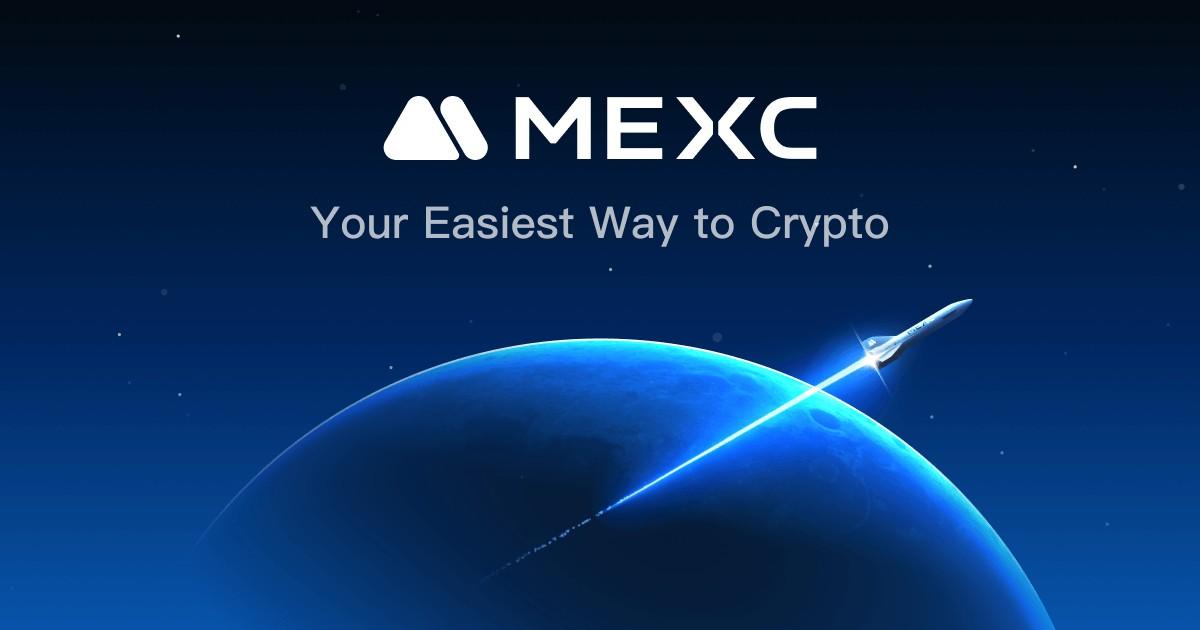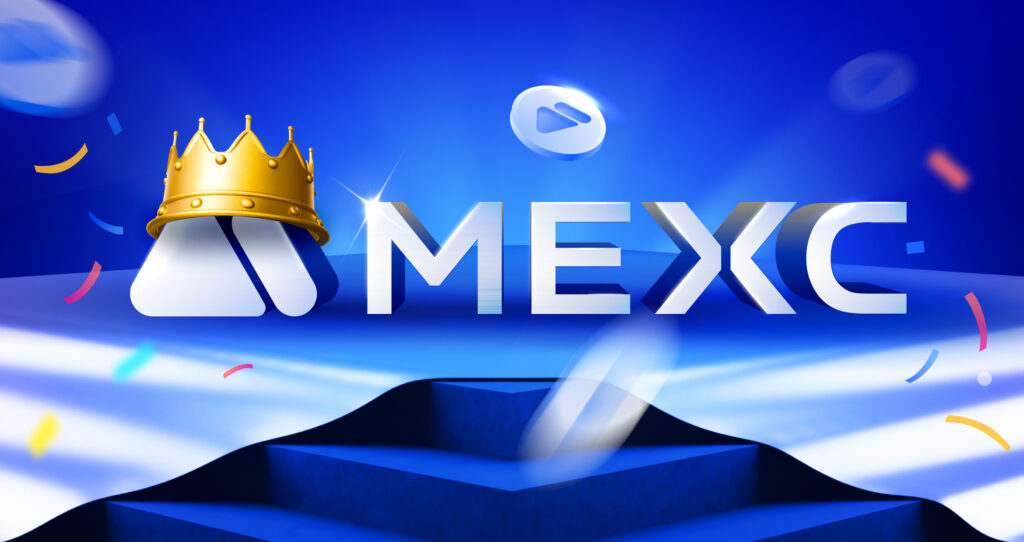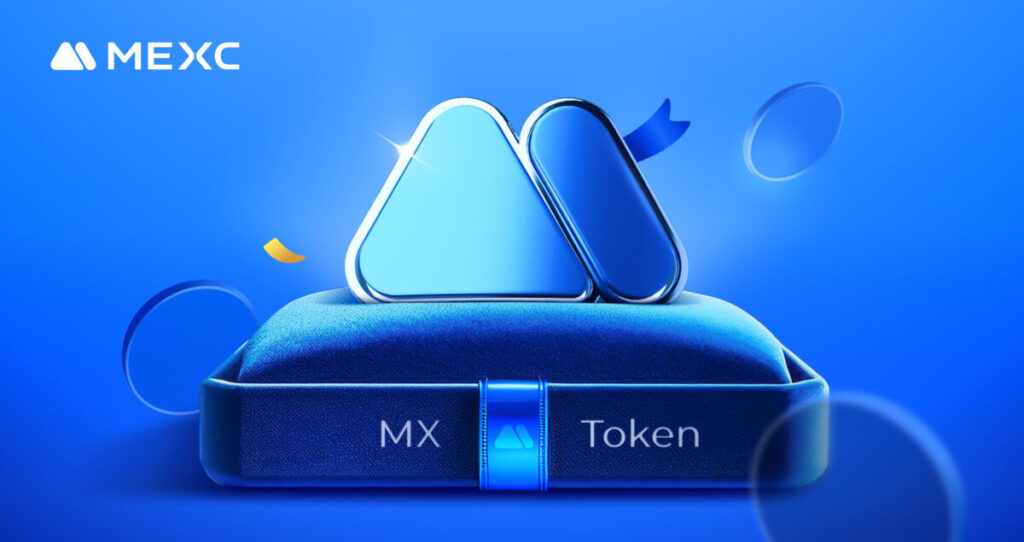
5 minute read
Is MEXC Legal in Japan? What You Need to Know
from MEXC
by Exness_India
If you are in Japan and wondering Is MEXC legal in Japan? the answer is straightforward: MEXC is currently not officially regulated or licensed by Japanese financial authorities to operate within the country. This means that while Japanese users may access MEXC’s cryptocurrency trading platform, the exchange does not have the official approval from Japan’s Financial Services Agency (FSA), and thus, its legal status remains ambiguous and risky under local law.
In this article, you will get a comprehensive, clear, and updated understanding of MEXC’s legal position in Japan, what Japanese regulations require from crypto exchanges, and what you should consider before using MEXC in Japan.

✅ Trade with MEXC now: Open An Account 👈
What is MEXC?
MEXC (formerly known as MXC Exchange) is a global cryptocurrency exchange founded in 2018, offering a wide range of digital assets and trading pairs. It has gained popularity for its user-friendly interface, extensive selection of altcoins, and features like futures trading, staking, and margin trading.
Despite its global reach, MEXC operates without licenses in many jurisdictions, including Japan. This is important for Japanese users because the regulatory environment there is particularly strict compared to many other countries.
Cryptocurrency Regulation in Japan: The FSA and Licensing
Japan is known for having one of the most robust regulatory frameworks for cryptocurrencies in the world. The governing body responsible for overseeing crypto exchanges is the Financial Services Agency (FSA). Since the major hack of Mt. Gox in 2014, Japan implemented strict licensing and registration requirements for all cryptocurrency exchanges to protect investors and prevent fraud.
Key Points of Japanese Crypto Regulation:
Registration is mandatory: Exchanges must register with the FSA to legally offer services in Japan.
Customer protection: Exchanges must follow stringent rules around custody, security, KYC (Know Your Customer), and AML (Anti-Money Laundering).
Ongoing compliance: Exchanges are subject to regular audits and compliance checks.
Ban on anonymous trading: All users must be verified under Japan’s identity verification protocols.
As of now, MEXC is not registered with the FSA, meaning it operates without official sanction in Japan.
What Does This Mean for Japanese Users of MEXC?
Using an unregistered crypto exchange in Japan comes with several risks and considerations:
No Regulatory Protection: If you encounter issues such as hacking, fraud, or withdrawal problems, you will have little to no recourse through Japanese regulators.
Potential Legal Consequences: While there are no explicit bans on accessing overseas exchanges, Japanese authorities discourage the use of unregistered platforms. Users should be aware of potential legal grey areas.
No Consumer Guarantees: Registered exchanges must maintain reserve funds and comply with safety standards. Unregistered exchanges like MEXC may not follow these practices.
Payment and Withdrawal Limitations: Some unregistered exchanges may have difficulties in processing fiat deposits or withdrawals for Japanese yen.
Risk of Account Suspension: Due to regulatory crackdowns, unregistered exchanges may restrict or suspend services to Japanese IP addresses or users to avoid penalties.
Why Doesn’t MEXC Have an FSA License?
Obtaining an FSA license is a rigorous and expensive process. Exchanges must comply with strict standards including local office establishment, reporting, and audit requirements. Many overseas exchanges, including MEXC, choose not to apply for a Japanese license either because they don’t want to commit resources or they target users globally without wanting to adhere to local rules.
Additionally, some exchanges may prefer to operate offshore to avoid strict limitations on leveraged trading, listing coins, or KYC processes mandated by Japan.

✅ Trade with MEXC now: Open An Account 👈
How Can Japanese Users Access MEXC?
Despite the lack of official licensing, some Japanese users can still create accounts and trade on MEXC. However, this often involves:
Using VPNs or proxy servers to bypass geo-restrictions.
Risking account closure or suspension.
Facing challenges with yen deposits and withdrawals.
This practice is risky and not recommended because it violates the platform’s terms of service and may breach Japanese regulations.
Alternatives: Legal and Licensed Crypto Exchanges in Japan
If you want to trade cryptocurrency legally and safely in Japan, it is highly recommended to use exchanges registered with the FSA. Some of the well-known licensed exchanges include:
bitFlyer
Coincheck
GMO Coin
DMM Bitcoin
Rakuten Wallet
These exchanges provide:
Compliance with Japanese laws.
Investor protection mechanisms.
Support for Japanese yen deposits and withdrawals.
Transparent KYC and AML processes.
What Should You Consider Before Using MEXC in Japan?
Legal Risks: Using unlicensed platforms could expose you to legal consequences or difficulties in resolving disputes.
Security Risks: Unregulated exchanges may lack adequate security measures, increasing the risk of hacks or loss of funds.
Service Limitations: Access to full services, deposits, and withdrawals may be restricted or unreliable.
Market Integrity: Unlicensed exchanges might list questionable tokens or have less transparent trading practices.
Long-Term Viability: Regulatory pressure could force MEXC to shut down services in Japan at any time.
Final Verdict: Is MEXC Legal in Japan?
In summary, MEXC is not legal in Japan in the sense that it lacks official registration and licensing from the Financial Services Agency (FSA). While the exchange is accessible online, using it involves significant regulatory and security risks. Japanese residents and investors should prioritize exchanges licensed by the FSA to ensure compliance, protection, and peace of mind.
For those seriously interested in trading crypto in Japan, sticking to legally compliant exchanges is the safest path forward.
✅ Trade with MEXC now: Open An Account 👈
Read more:








